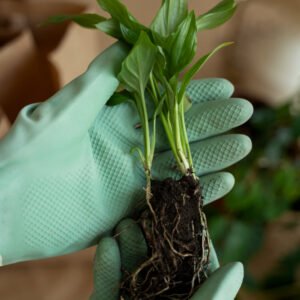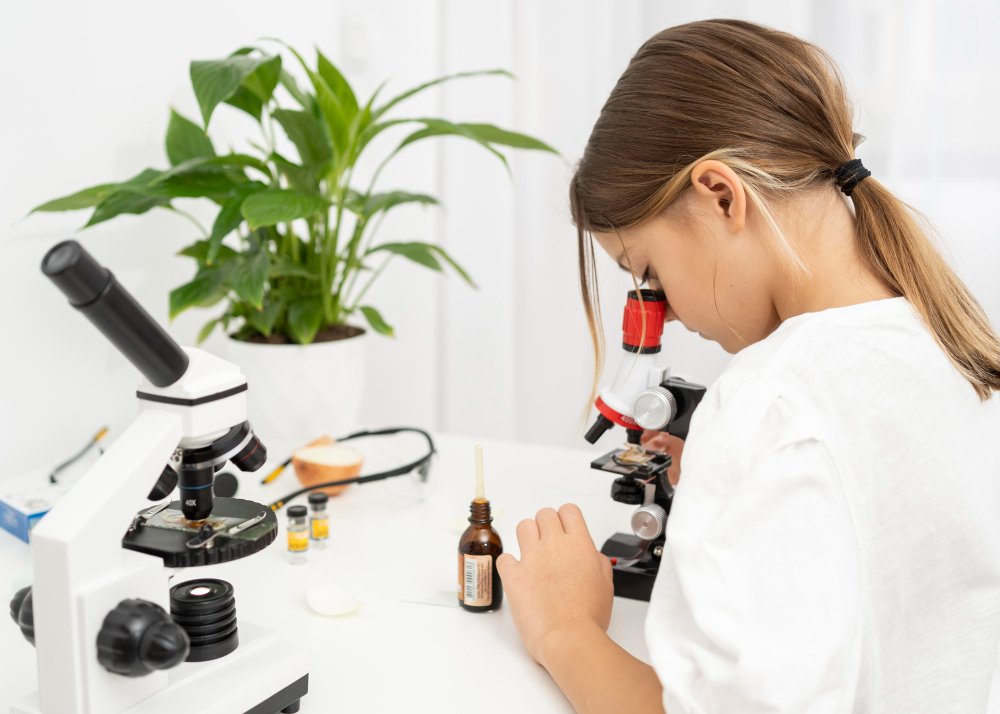This course focuses on the study of plant diseases, their causes, and methods for their control. Students will learn about the biology of plant pathogens, including fungi, bacteria, viruses, and nematodes. The course covers disease diagnosis, epidemiology, and integrated pest management strategies. Laboratory sessions will involve isolating and identifying pathogens, and fieldwork will include disease surveys and management practices. This knowledge is crucial for careers in agriculture, horticulture, and plant protection.
Plant Pathology
Related products
-
 Add to cart
Add to cartEconomic Botany examines the economic importance of plants and their products. Students will study a wide range of plants that are essential to human life, including food crops, medicinal herbs, fiber plants, and timber. The course covers the cultivation, processing, and commercial use of these plants, as well as their role in different cultures and…
-
 Add to cart
Add to cartThis course delves into the physiological processes that govern plant life. Students will study how plants perform essential functions such as photosynthesis, respiration, transpiration, and nutrient uptake. The course also covers plant hormones, signal transduction, and stress physiology. Through lectures, laboratory exercises, and field studies, students will gain an in-depth understanding of how plants adapt…
-
 Add to cart
Add to cartThis course offers a comprehensive introduction to the field of plant botany. Students will explore the fundamental principles of plant biology, including plant structure, function, growth, and reproduction. Key topics include the major plant groups (algae, bryophytes, pteridophytes, gymnosperms, and angiosperms), plant morphology, and the basics of plant taxonomy. The course is designed for beginners…
-
 Add to cart
Add to cartIn this course, students will explore the internal structure of plants at the cellular, tissue, and organ levels. Topics include the study of plant cells, tissues (meristematic, ground, vascular, and dermal tissues), and the anatomy of roots, stems, leaves, and flowers. Emphasis is placed on microscopic techniques and laboratory work, allowing students to observe and…
-
 Add to cart
Add to cartPlant Ecology focuses on the interactions between plants and their environment. Students will examine plant communities, ecosystems, and the factors that influence plant distribution and abundance. Topics include plant adaptation to different environments, competition, symbiosis, and the impact of climate change on plant ecosystems. Fieldwork and ecological experiments will provide hands-on experience in studying plant-environment…


